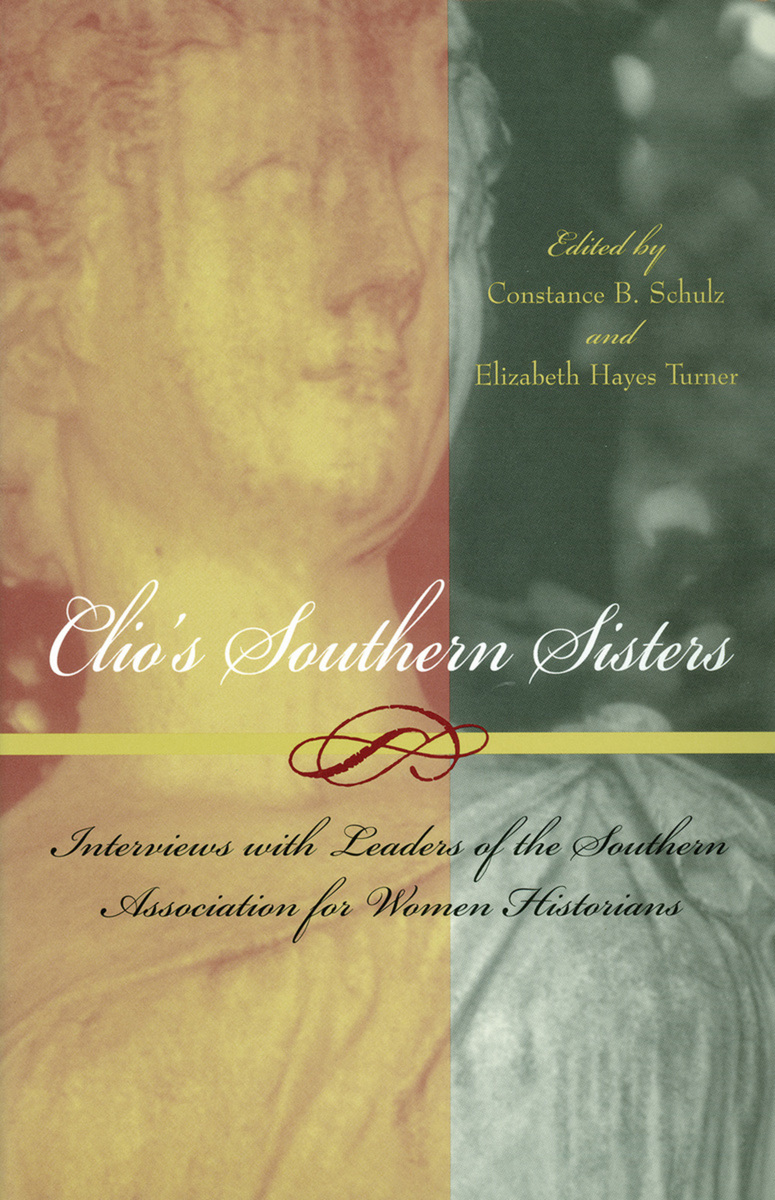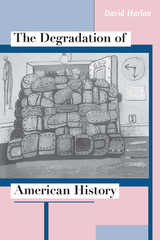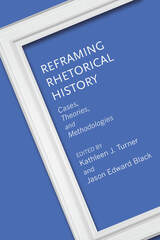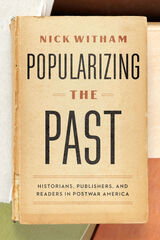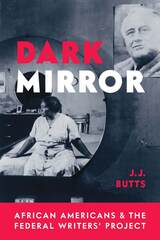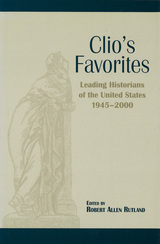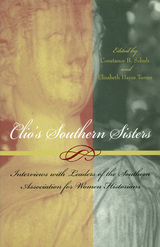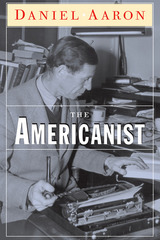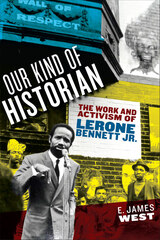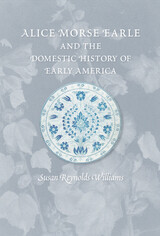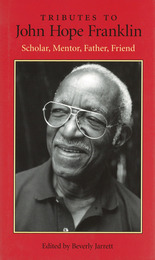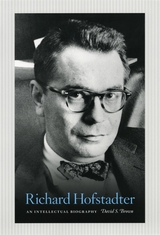Clio's Southern Sisters: Interviews with Leaders of the Southern Association for Women Historians
University of Missouri Press, 2004
eISBN: 978-0-8262-6428-2 | Cloth: 978-0-8262-1541-3
Library of Congress Classification E175.45.C585 2004
Dewey Decimal Classification 975.007202275
eISBN: 978-0-8262-6428-2 | Cloth: 978-0-8262-1541-3
Library of Congress Classification E175.45.C585 2004
Dewey Decimal Classification 975.007202275
ABOUT THIS BOOK | AUTHOR BIOGRAPHY | TOC
ABOUT THIS BOOK
It is no accident that the Southern Association for Women Historians enjoys the founding date of 1970. After extended and often bitter engagement with entrenched sexism in the decades following World War II, women historians found their voices and crafted a means by which to be heard. The years between 1970 and 1980 represented a decade of optimism for women who sought equality in the workplace. Professional women, professors of history most especially, found hope in organizations such as the SAWH, created to address issues of visibility, legitimacy, and equality in historical associations and in employment.
In Clio’s Southern Sisters, Constance B. Schulz and Elizabeth Hayes Turner collect the stories of the women who helped to found and lead the organization during its first twenty years. These women give evidence, in strong and effective language, of the experiences that shaped their entrée into the profession. They vividly describe the point at which they experienced the shift in their lives and in the lives of those around them that led toward a new day for women in the history profession.
Some found that discrimination followed them like a shadow, and the pain of those days still remains with them. Others sought their graduate education in institutions where women were welcomed and where professors valued their work and encouraged their success. Yet when they entered the job market, they found that some employers flatly refused to consider them because they were women. Lost job opportunities for women were linked in tangled ways to the prevailing image of women as less desirable as colleagues, or as intellectually weaker than their male counterparts.
Through the SAWH, these women were able to make changes from within the profession. They felt an obligation to help the next generation of women scholars. In the midst of a national movement to end sex discrimination through legislation, to increase women’s consciousness-raising efforts, and to acknowledge the economic realities of women in the workforce, these women came together to form an organization that could enable them to have the careers they deserved. This timely volume will be appreciated by all those who reaped the benefits for which these “southern sisters” fought so hard.
See other books on: Interviews | Leaders | Southern States | Turner, Elizabeth Hayes | Women historians
See other titles from University of Missouri Press
